Matthew Rowe
MACEst: The reliable and trustworthy Model Agnostic Confidence Estimator
Sep 02, 2021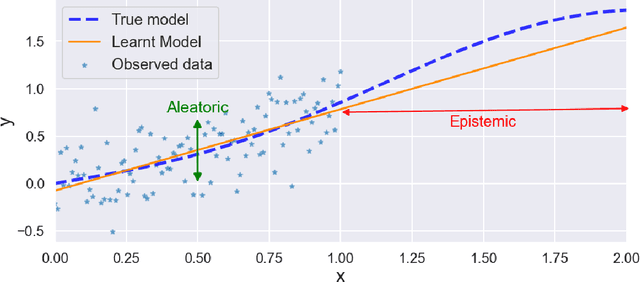

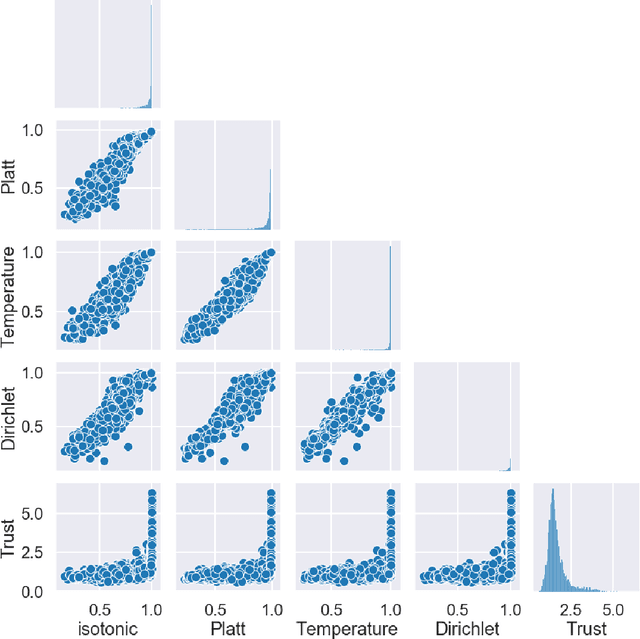

Abstract:Reliable Confidence Estimates are hugely important for any machine learning model to be truly useful. In this paper, we argue that any confidence estimates based upon standard machine learning point prediction algorithms are fundamentally flawed and under situations with a large amount of epistemic uncertainty are likely to be untrustworthy. To address these issues, we present MACEst, a Model Agnostic Confidence Estimator, which provides reliable and trustworthy confidence estimates. The algorithm differs from current methods by estimating confidence independently as a local quantity which explicitly accounts for both aleatoric and epistemic uncertainty. This approach differs from standard calibration methods that use a global point prediction model as a starting point for the confidence estimate.
Tracking the Diffusion of Named Entities
Dec 29, 2017
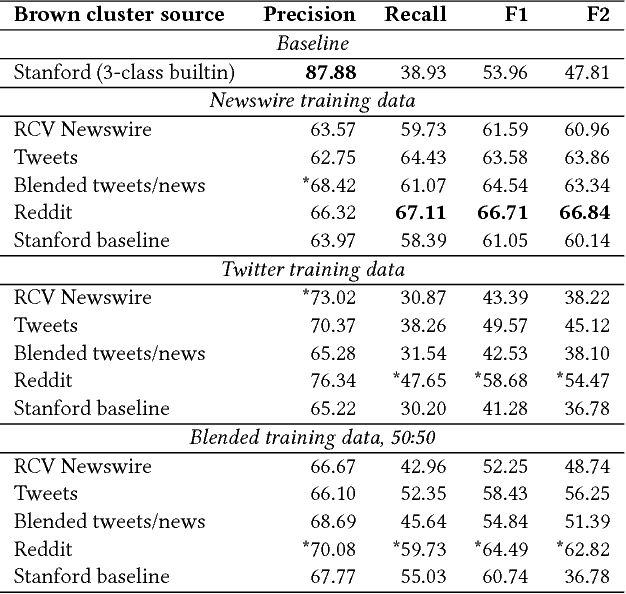
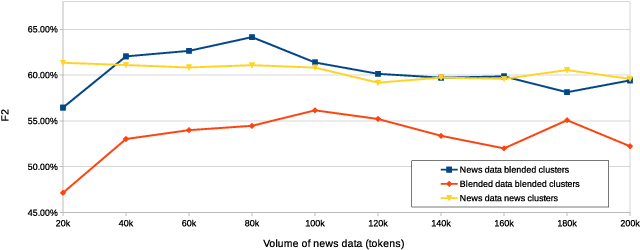

Abstract:Existing studies of how information diffuses across social networks have thus far concentrated on analysing and recovering the spread of deterministic innovations such as URLs, hashtags, and group membership. However investigating how mentions of real-world entities appear and spread has yet to be explored, largely due to the computationally intractable nature of performing large-scale entity extraction. In this paper we present, to the best of our knowledge, one of the first pieces of work to closely examine the diffusion of named entities on social media, using Reddit as our case study platform. We first investigate how named entities can be accurately recognised and extracted from discussion posts. We then use these extracted entities to study the patterns of entity cascades and how the probability of a user adopting an entity (i.e. mentioning it) is associated with exposures to the entity. We put these pieces together by presenting a parallelised diffusion model that can forecast the probability of entity adoption, finding that the influence of adoption between users can be characterised by their prior interactions -- as opposed to whether the users propagated entity-adoptions beforehand. Our findings have important implications for researchers studying influence and language, and for community analysts who wish to understand entity-level influence dynamics.
Daleel: Simplifying Cloud Instance Selection Using Machine Learning
Feb 05, 2016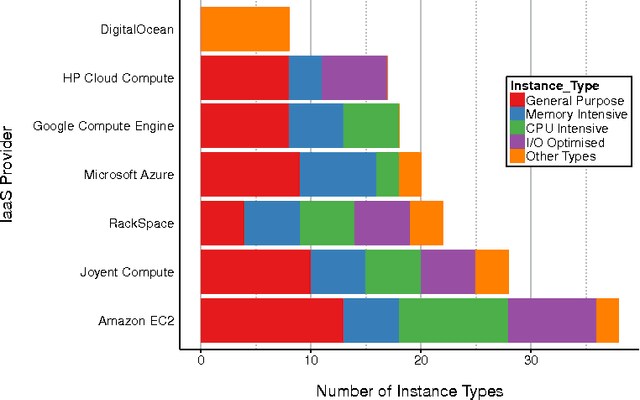
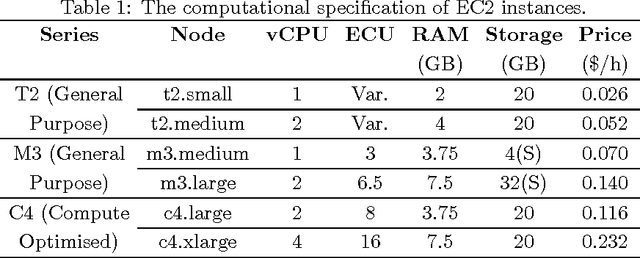
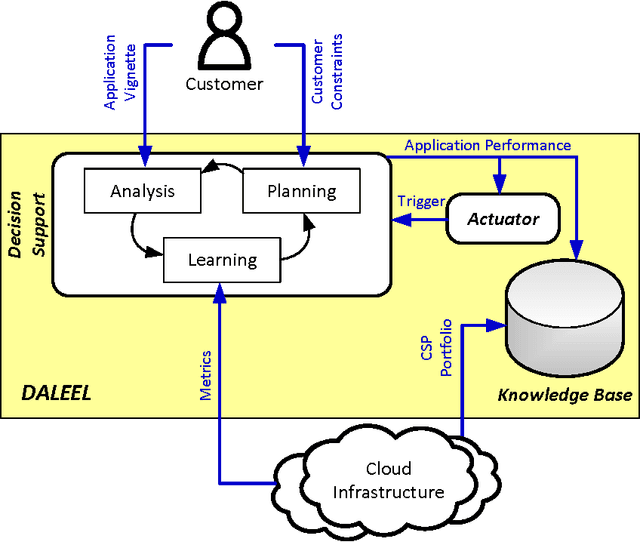

Abstract:Decision making in cloud environments is quite challenging due to the diversity in service offerings and pricing models, especially considering that the cloud market is an incredibly fast moving one. In addition, there are no hard and fast rules, each customer has a specific set of constraints (e.g. budget) and application requirements (e.g. minimum computational resources). Machine learning can help address some of the complicated decisions by carrying out customer-specific analytics to determine the most suitable instance type(s) and the most opportune time for starting or migrating instances. We employ machine learning techniques to develop an adaptive deployment policy, providing an optimal match between the customer demands and the available cloud service offerings. We provide an experimental study based on extensive set of job executions over a major public cloud infrastructure.
 Add to Chrome
Add to Chrome Add to Firefox
Add to Firefox Add to Edge
Add to Edge